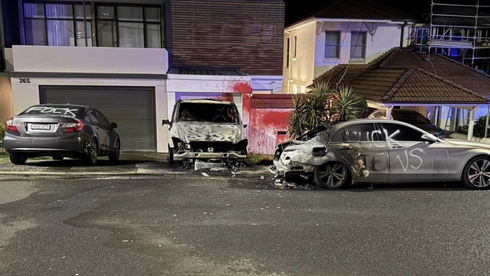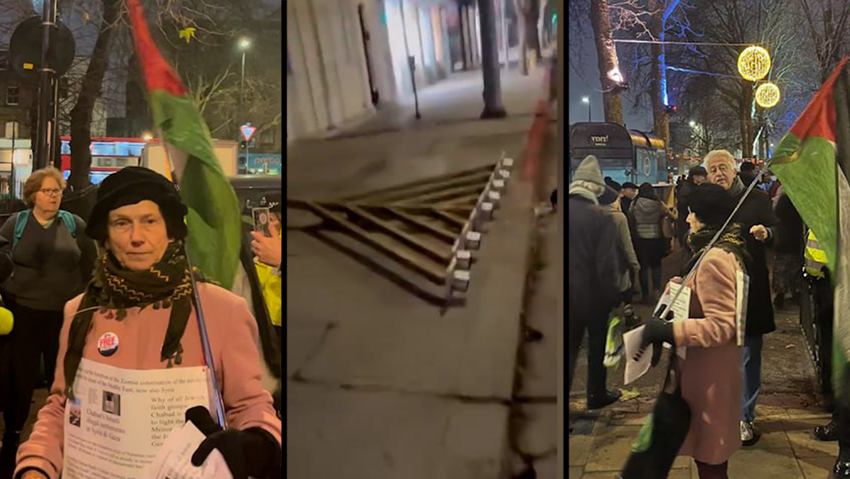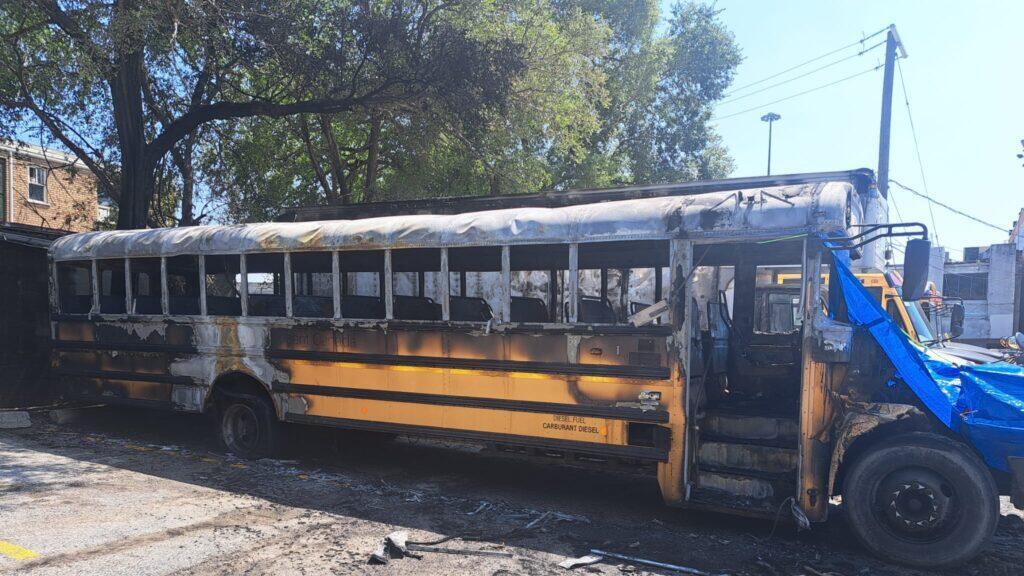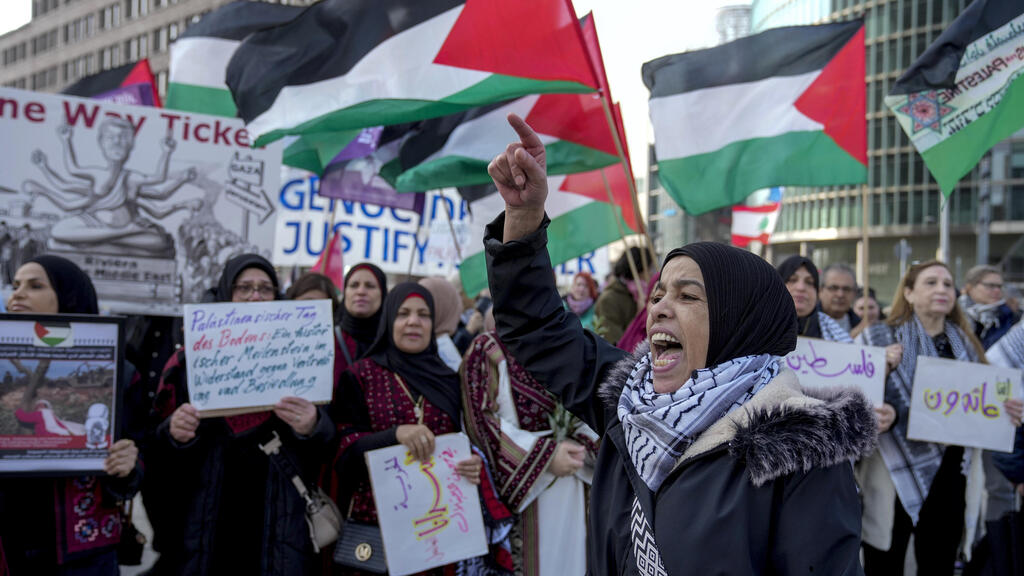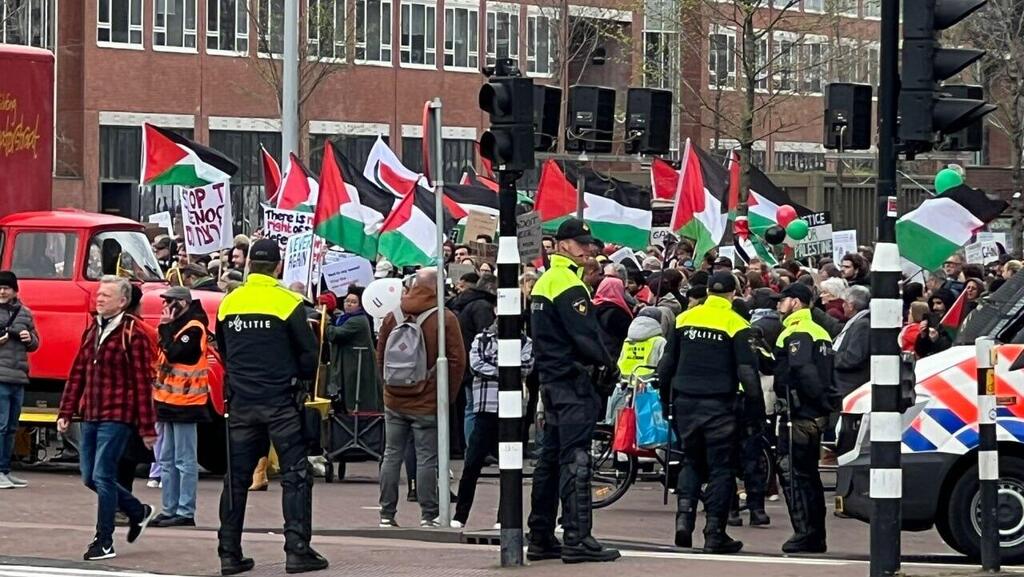The number of antisemitic incidents worldwide dropped slightly in 2024—but remains significantly higher than pre-war levels, according to Tel Aviv University’s Antisemitism Worldwide Report for 2025 released Wednesday ahead of Holocaust Remembrance Day.
"The sad truth is that antisemitism surged just as the Jewish state appeared most vulnerable and under existential threat,” said Professor Uriya Shavit, the report’s lead editor.
Tel Aviv University’s Antisemitism Worldwide Report for 2025 released Wednesday ahead of Holocaust Remembrance Day
(Credit: TAU)
The study, authored by 11 researchers from the university’s Center for the Study of Contemporary European Jewry and the Irwin Cotler Institute for Democracy, Human Rights and Justice, spans 160 pages and is widely regarded as the most authoritative of its kind.
The levels of antisemitism worldwide soared in the wake of the massacre by Hamas terrorists on October 7, 2023, and in 2024 there was a slight decrease. Still, the levels of antisemitism are much higher than before the start of the war.
6 View gallery


Antisemitic vandalism in Australia
(Photo: From the X page of the Jewish Community in Australia)
Arson attack in Australia
(ILTV)
In Canada, B’nai Brith recorded a record-high 6,219 antisemitic incidents in 2024, up from 5,791 in 2023 and 2,769 in 2022. Yet the post-war peak also occurred in October 2023, when 601 incidents were logged, compared to 427 in October 2024.
Other countries with significant increases in 2024 over the previous year include Argentina, Switzerland, Brazil and Spain.
Shavit emphasized that, contrary to common belief, the surge in antisemitism did not steadily escalate with the war in Gaza. “The peak occurred between October and December 2023. In most places, a sharp decline followed a year later,” he said.
A study by Avi Teich included in the report found that in cities like New York, Chicago, Toronto and London between 2021–2023, fewer than 10% of antisemitic attacks led to arrests. Dr. Carl Yonker, senior researcher at the Center for the Study of Contemporary European Jewry and academic director of the Irwin Cotler Institute, cited structural barriers to prosecuting hate crimes, such as lack of forensic evidence and the use of coded language requiring deep knowledge to decode.
“There are unique objective difficulties in identifying perpetrators of hate crimes. In cases of incidents that do not involve physical assault, one of the problems is the lack of forensic evidence. A unique challenge with respect to some antisemitic incidents is that the attackers use expressions that require a deep understanding of antisemitic discourse to understand their true intent. And yet – much more can be done, if only we want to. Education and legislation without enforcement are meaningless. The fight against antisemitism needs determination from the police and prosecutors, not pompous statements and grotesque awards ceremonies with Hollywood stars," he says.
6 View gallery


Pro-Palestinian encampment at Columbia University
(Photo: Stephanie Keith/Getty Images)
The report also includes a project documenting the personal toll of antisemitic attacks in the U.S., Canada, the UK and South Africa. These include synagogue arson, swastika graffiti, physical assaults and verbal abuse. Editor Noah Abrahams stressed the psychological damage of even so-called “minor” incidents, which erode victims' sense of safety and dignity.
"We wanted to show the heavy psychological toll that even incidents that are mistakenly defined as 'minor' take," said Abrahams. "The report calls on law enforcement agencies around the world to understand that even antisemitic incidents such as the throwing of eggs at passersby seriously undermine the sense of security of those attacked and their communities, and violate their basic right to equality and dignity."
The report features analysis of a little-known fictional novel written by Hamas leader Yahya Sinwar as a youth while in Israeli prison, "Thorn and Clove", which includes overt religiously motivated antisemitism and rejection of peace with Jews. The book has seen increasing circulation, including in the West.
Other sections cover antisemitic rhetoric in Pakistani media, antisemitism on U.S. college campuses, Holocaust education in Dutch schools, and antisemitism on the German populist left. It also includes a roundtable discussion on the cultural impact of Holocaust films such as Life Is Beautiful, Schindler’s List and The Zone of Interest.
In his contribution, Irwin Cotler, a former Canadian justice minister and one of the leading global voices against antisemitism, warned about the rise of an “authoritarian axis” comprising Russia, China and particularly Iran. These states, he wrote, “operate in harmony, weaponizing antisemitism as part of a broader disinformation strategy” and contributing to a “global antisemitic ecosystem.”
The report also criticized Israel’s Diaspora Affairs Ministry after senior European Jewish leaders boycotted one of its conferences over the inclusion of far-right politicians. Shavit called the ministry “redundant” and accused its head, Amichai Chikli, of lacking experience and historical sensitivity.
To address such issues, the report proposed clear guidelines for engagement with political leaders who have antisemitic pasts: parties must expel anyone—regardless of rank—who expressed antisemitic or racist views without apology, and renounce antisemitic narratives over the course of at least two election cycles.

